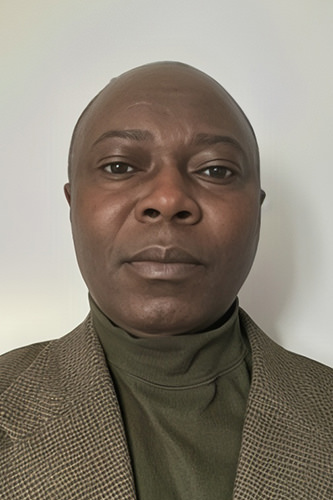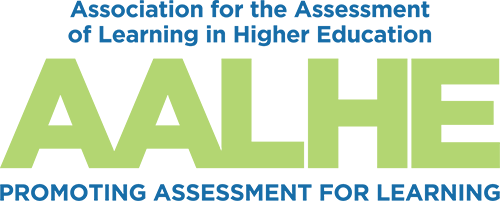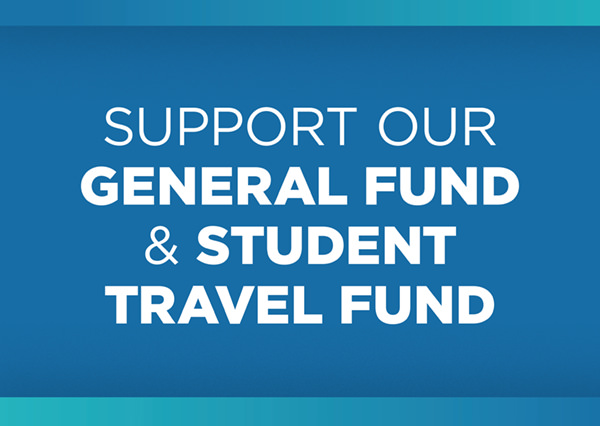AALHE Member Spotlight

Sesime Adanu, PhD
Associate Vice President for Institutional Effectiveness
Community College of Philadelphia
Years in Assessment: Over 16 years
Leadership Roles Held in AALHE:
I served on the AALHE Foundational Statement ad-hoc committee tasked with describing and advocating for effective assessment practice (2018-2019). I was a member of the Communications Committee (2022-2023), and I currently serve as the vice-chair for the Diversity, Equity, and Inclusion (DEI) Committee. I will become the chair of the committee in 2025-2026. Further, I contributed to content in the Field Guide for assessment professionals.
What brought you to assessment?
My zest has been to contribute to the success of students of diverse backgrounds, and I found assessment to be the conduit through which to do this. My engagement with AALHE afforded me the opportunity and resources to grow in this endeavor.
How have you benefited from your AALHE membership?
It has been an enriching experience to meet and collaborate with talented and knowledgeable assessment professionals through my AALHE membership. My engagement presented me with effective and efficient ways to approach assessment to meet the learning needs of all students, regardless of background or cultural persuasion. The knowledge and resources gained have helped support the assessment work of faculty and staff.
What do you think the future of assessment will look like?
Given the current uncertain times we find ourselves in as it relates to the assessment of student learning from equity, inclusion, and fairness standpoint, it is a challenge to predict what the near future could look like. However, I am of the considered view that the future of assessment is bright on issues of equity, where all students are supported in ways that meet their learning styles and perspectives so they are positioned to meet their educational goals. I consider the current occurrences a transitional phase, after which access, inclusion, and equity become the guiding principles to equitable assessment for the benefit of all students.
What is the best career advice you can give?
- Regardless of where you are in your assessment endeavor, it is important to listen to diverse perspectives in reaching common ground on how to carve assessments to meet the learning needs of your students.
- Provide assessment support resources for faculty and staff that are practical and user-friendly to assist them in their assessment efforts. This could include a step-by-step guide on how to use assessment software, including images captured from the software. Also, video-record assessment training as needed and post them online for access.
- Schedule bi-weekly or monthly meetings with assessment stakeholders (such as deans and department chairs) where the meeting is centered on the identification and resolution of assessment-related issues. Such meetings could have follow-up action items where needed to ensure the issues are resolved.
Describe a challenge you have faced in the world of assessment.
It is sometimes a challenge to help faculty and staff understand that they have been doing assessments in diverse ways and that it is not a new concept. It is also sometimes a challenge to get assessment stakeholders on the same page as to how to best organize and provide evidence related to the assessment work they have been doing.
What are your hobbies or leisure activities.
I like to travel, hike, take walks, garden, and visit local farmers' markets.
Return to the Member Spotlight Archive.
- I like to travel, hike, take walks, garden, and visit local farmers markets.
|


